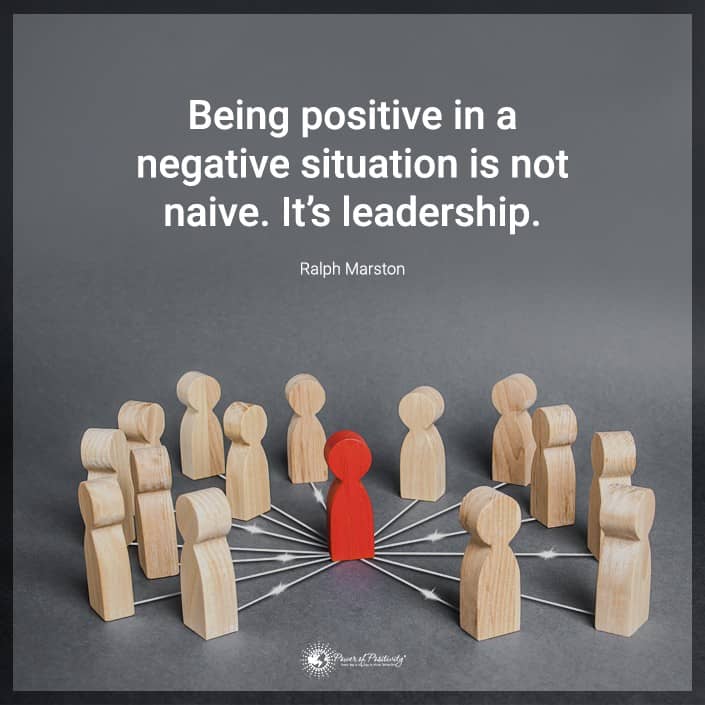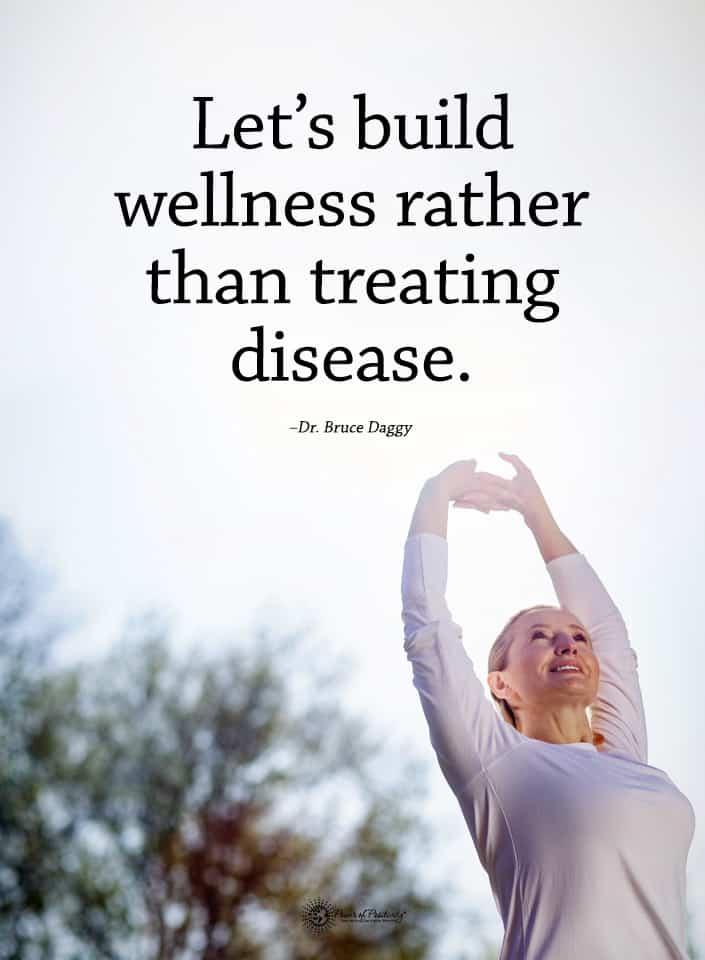Until recently, most people believed that both parents have a roughly equal influence on their child’s intelligence. However, should this research be proven correct, it turns out that women have a much more significant impact on their child’s cognitive abilities than men.
Now, it is essential to understand that this research is quite controversial. Most studies claiming to uncover the enigmatic functioning of intelligence often evoke passionate debate. Relatedly, genetics is a highly-complex and multifaceted scientific arena. Scientists continuously conduct research to seek to disavow or seriously alter, any related study before it.
Regardless of the vigorous debate, it is beneficial to present (and interpret) these findings with an objective mind. If anything, this study is fascinatingly entertaining. Ultimately, this is our goal – to entertain. We hope that our readers find this study as intriguing as we have.
The Role of X and Y Chromosomes in Intelligence
Many fathers will hate this, but genetic research has found (people) probably get a lot of intelligence from their X gene, the feminine one. The X chromosome has a thousand genes, and many of them influence cognition. – Dr. Keith Witt
Many people do not have much of a clue about genetics. As such, it’s beneficial to review some essential facts quickly. This will also help you read and fully understand the remainder of this article much more manageable.
- A chromosome is a thread-like structure consisting of nucleic acids and proteins. They carry genetic information.
- Every human being carries one pair of chromosomes in each cell.
- Females have two X chromosomes. Males have one X and one Y chromosome.

“Conditioned Genes”
Conditioned genes, in the most basic sense, are those that are gender-specific. As a rule, the genetic properties of conditioned genes are either activated or deactivated depending upon the specific designation and, subsequently, the genetic properties being influenced.
Conditioned genes inherently contain a “tagging” system, which is made up of biochemical material. This tagging system allows two important things: (1) tracing to the gene’s point of origin and (2) determining an activated or deactivated state within the body. Activated genes will influence genetic development, while deactivated genes will not.
To the second point, if an individual characteristic is influenced via the mother, the paternal genes are deactivated. Conversely, if an attribute produces via the father, the maternal genes subsequently deactivate.
The mechanisms of conditioned genes form the basis of the intelligence study.
Findings of the Intelligence Study and Related History
Cognition is thought to be influenced mainly by the X chromosome. Theoretically, women are more likely to affect cognition, as females possess two X chromosomes while men carry just one. Of course, there is much more to the theory than the number of X chromosomes.
This is where conditioned genes (remember?) come into play. Intelligence is thought to be a highly-conditioned gene – a conditioned gene that comes directly from the mother.
In this study, scientists used genetically-modified mice to test their hypothesis. They discovered that embryonic test subjects administered predominantly maternal genetic material developed a disproportionately more oversized cranium and brain while creating a much smaller body. Subjects administered disproportionate amounts of paternal genetic material developed a more extensive body but a smaller skull and brain.
In addition to cranium and brain size, researchers were privy to exciting observations. First, they identified six brain areas that contained only maternal or paternal genes. Second, they found no paternal genetic material within the cerebral cortex – the brain area responsible for executive functioning, such as language, planning, logical reasoning, and advanced thinking.
The idea that mothers disproportionately influence a child’s intelligence is not new. In 1984, the University of Cambridge studied both brain development (termed “co-evolution) and genomic conditioning. Cambridge sciences ultimately concluded that maternal genetics contribute more to the thought centers of the brain.
Fast-forward to today, and similar findings have occurred, like the experiment described above.
In one particularly noteworthy study, researchers at a governmental agency in Scotland followed a group of 12,686 people aged 14 to 22. Researchers would interview the subjects each year while observing intellectual development while considering various factors, from education to ethnicity. The scientists conclusively state that the mother’s IQ was the best predictor of intelligence.

Final Thoughts: Mothers Pass Intelligence on to Their Children
Without a doubt, researchers will continue to evaluate and challenge the findings of this and related studies about intelligence. As mentioned, some people will not accept scientific research that claims the development of intellect.
However, if one conclusion can be reached, it’s this: mothers significantly influence their children’s cognitive abilities.
And it isn’t just genetics, either, far from it. Nourishment and nurturement of a child directly influence their intellectual growth – two responsibilities mainly overseen by the mother. Furthermore, the special bond between a mother and child stimulates them to explore the world and navigate problems.
In conclusion, women play a much more significant role in children’s intellectual development than most genetic experiments previously thought. However, the findings of these and other studies seem to bolster the notion that our moms give us our brainpower.
Thanks, Mom!










